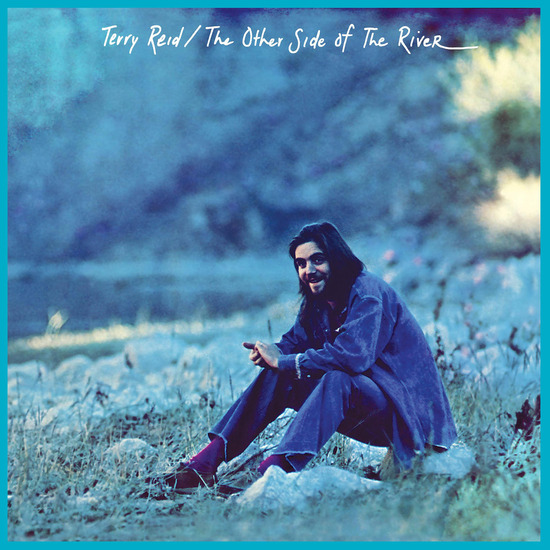I was reading a piece in The New Yorker the other day about Paul McCartney, which bugged for me for a bunch of reasons that are mostly too tedious to go into here, but involve crude and frequently absurd generalisations as well as, surprisingly for that magazine, factual glitches (who knew I could b...
I was reading a piece in The New Yorker the other day about Paul McCartney, which bugged for me for a bunch of reasons that are mostly too tedious to go into here, but involve crude and frequently absurd generalisations as well as, surprisingly for that magazine, factual glitches (who knew I could be so assiduous in my policing of Wings content?).
One specific line that particularly jumped out for the wrong reasons, though, was when the writer, Adam Gopnik, asserted:”It’s true that the sound of the band [Wings] was very un-Beatles-like—pop where they had been rock, slack where they had been tight.” Forgive me if I’m misreading this, but is Gopnik saying that The Beatles weren’t a pop band? It’s always seemed to me that the Beatles actually straddled pop and rock, that their story could be variously understood as one that embraced both loose definitions; that pop evolved into rock under their stewardship, even as they persisted in subverting any such prescriptive attempts at classification. This, I thought, was one of the things which made them culturally significant.
That blurring of pop and rock boundaries, and a concomitant ability to unite two tribes who, for at least a good chunk of modern musical history, were morbidly suspicious of one another’s iconography, is a rare skill. It occurs to me this morning that one of the reasons that the deaths of David Bowie and Prince have resonated so profoundly across such wide swathes of the population is for just this reason: both of them had the same gift of the Beatles to make music which felt simultaneously profound and ephemeral, equally at home on canonical albums and commercial radio. In their presence, all those anxious debates about rockism and popism become exploded and confused and, perhaps, irrelevant: this is transcendent music with what seems at times boundless appeal.
Not sure, though, how much more of that I’ve been playing this week, though as you can see the office playlist has been dominated by Van Morrison, as I dug into the catalogue to soundtrack the proorfreading of our next Ultimate Music Guide. That’ll be with you soon. In the meantime, I hope there’s something here of interest…
Follow me on Twitter @JohnRMulvey
1 My Morning Jacket – It Still Moves: Deluxe Reissue (ATO Records)
2 Brigid Mae Power – Brigid Mae Power (Tompkins Square)
3 William Tyler – Modern Country (Merge)
4 Kyle Craft – Dolls Of Highland (Sub Pop)
5 Peter Baumann – Machines Of Desire (Bureau B)
6 Dave Heumann – Cloud Hands (2020)
7 Beyond The Wizards Sleeve – The Soft Bounce (Phantasy)
8 Van Morrison – Tupelo Honey (Polydor)
9 Van Morrison – St Dominic’s Preview (Polydor)
10 Raime – Tooth (Blackest Ever Black)
11 D’Angelo Ft. Princess – Sometimes It Snows In April (The Tonight Show Starring Jimmy Fallon)
https://www.youtube.com/watch?v=6uzBHhPEWpE
12 Adia Victoria – Beyond The Bloodhounds (Canvasback)
13 Psychic Ills – Inner Journey Out (Sacred Bones)
14 Van Morrison – Caledonia Soul Music (Bootleg)
15 Van Morrison – His Band And The Street Choir (Warner Bros)
16 Brian Case – Tense Nature (Hands In The Dark)
17 Terry Reid – The Other Side Of The River (Future Days/Light In The Attic)
18 Marisa Anderson – Into The Light (Chaos Kitchen)
19 Christian Fennesz & Jim O’Rourke – It’s Hard For Me To Say I’m Sorry (Editions Mego)
20 Drive Like Jehu – Bullet Train To Vegas/Hand Over Fist (Merge)
21Laraaji & Sun Araw – Professional Sunflow (W.25th/Superior Viaduct)



